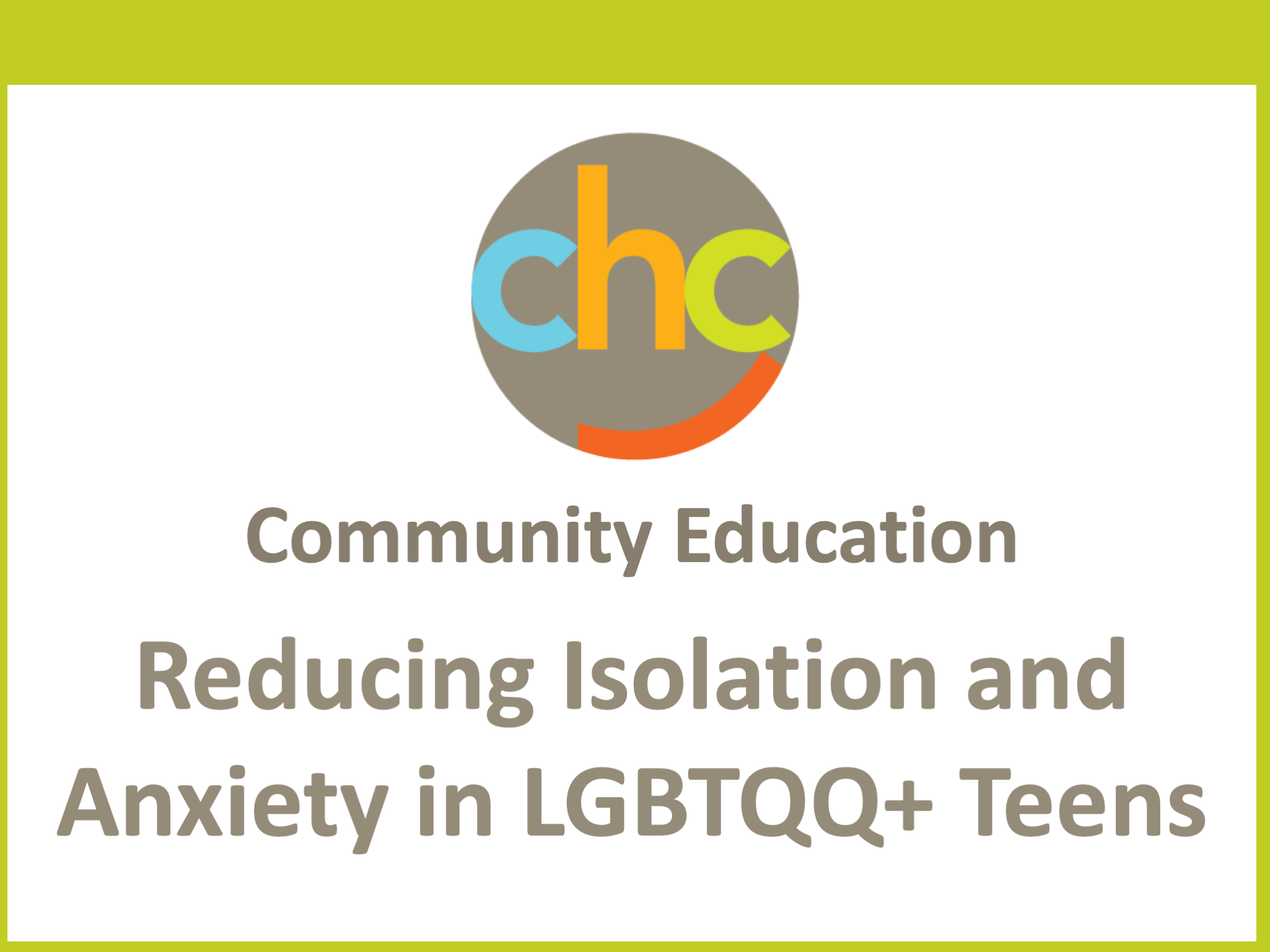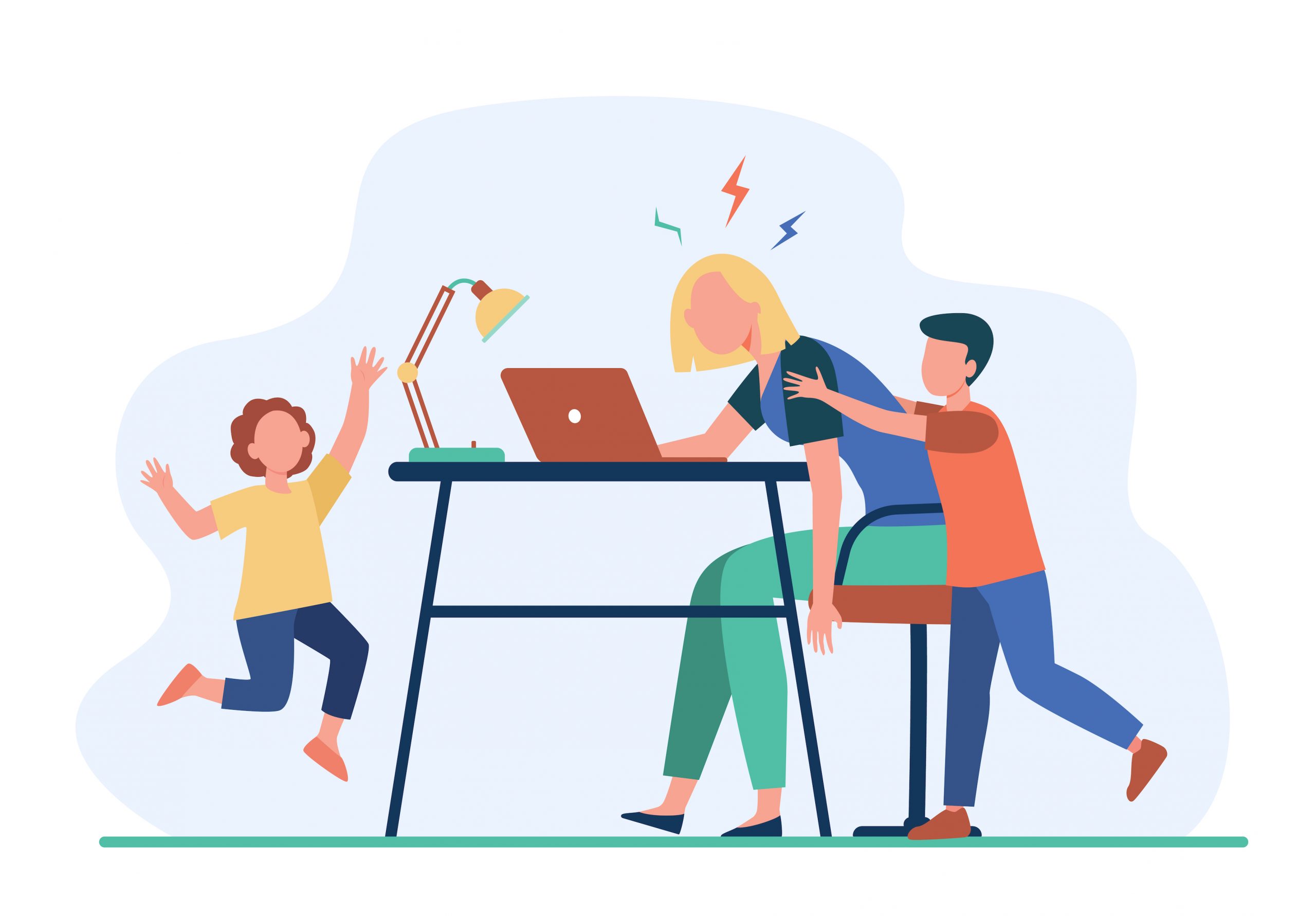 Anxious teens are vulnerable to experiencing a panic attack, which is a frightening experience, especially since it can occur out of the blue.
Anxious teens are vulnerable to experiencing a panic attack, which is a frightening experience, especially since it can occur out of the blue.
A panic attack is a sudden and sharp rise in anxiety accompanied by physical symptoms such as racing heart, dizziness, numbness and shortness of breath. The physical symptoms are an adaptive response to the perception of being in acute danger, but panic attacks can arise from everyday stress.
What can you do to help your anxious teen cope with a panic attack?
Label the Panic Attack as Harmless Anxiety
Many teens misperceive a panic attack when it is occurring. They think all kinds of scary thoughts: Are they going crazy, dying, about to faint or having a heart attack? Such thoughts trigger heightened anxiety, which often leads to worsened symptoms. Therefore, it is important to help teens understand that they are not in any danger but that their body is overreacting to feeling very anxious. In short, let them know that they are experiencing a false alarm.
Model Being Calm
Even though teens won’t show it, they look to their parents or other adults for how seriously to view their condition. If a parent reacts with great concern, it inadvertently sends a message that the panic attack is serious and potentially dangerous. So, when your teen is in the midst of an attack, demonstrate with both your words and behavior that there is no emergency.
For example, you can say, “I know how uncomfortable you feel right now but you are okay and after a while, you will feel better.” Most panic attacks subside quickly and most often within twenty to thirty minutes. In the meantime, encourage your teen to ride out the discomfort.
Reduce Avoidance
Teens often avoid returning to the place or places where a panic attack has occurred, fearing that the uncomfortable physical sensations will return. For example, they might resist returning to school if they were dizzy in class. While understandable, this avoidance only worsens anxiety and increases the chance for more panic attacks. So, even though it may be hard to watch your teen suffer, encourage a return to situations that triggered an attack, while at the same time empathizing with how challenging it is to face a scary situation.
By improving your teen’s ability to cope with panic, you can potentially prevent the development of a disabling anxiety disorder. If your teen continues to struggle despite your efforts, consider seeking help from a psychologist with expertise in cognitive-behavioral therapy, which has been demonstrated to effectively treat this problem.
Sheila Achar Josephs, Ph.D. is a licensed psychologist in Princeton, NJ. and the author of Helping Your Anxious Teen: Positive Parenting Strategies to Help Your Teen Beat Anxiety, Stress, and Worry.
Excerpted from “Helping Your Anxious Teen Cope with a Panic Attack” from Anxiety & Depression Assocation of America. Read the full post online.
Source: Anxiety & Depression Assocation of America | Helping Your Anxious Teen Cope with a Panic Attack, https://adaa.org/blog/helping-your-anxious-teen-cope-with-a-panic-attack | © 2023 ADAA
A screening can help you determine if you or someone you care about should contact a mental health professional. Care Coordinators can arrange a free 30-minute Care Consultation so you can explore options with an expert. Call or email us at 650.688.3625 or careteam@testing.chconline.org to set up an initial Consultation appointment.
This resource is filed under:






